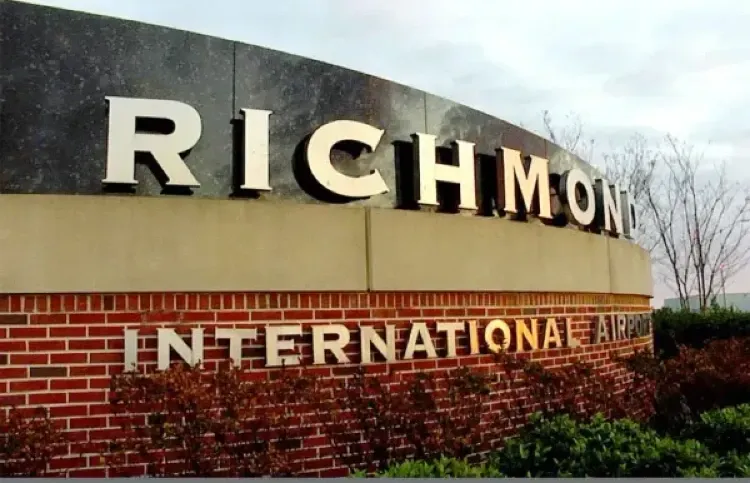Community Vitality — Community — Richmond International Airport — Sandston — Eastern Henrico — government shutdown — Capital Region Airport Commission — Top News — ICE
ICE deportation flights, government shutdown’s impact on federal workers hang over Capital Region Airport Commission meeting





